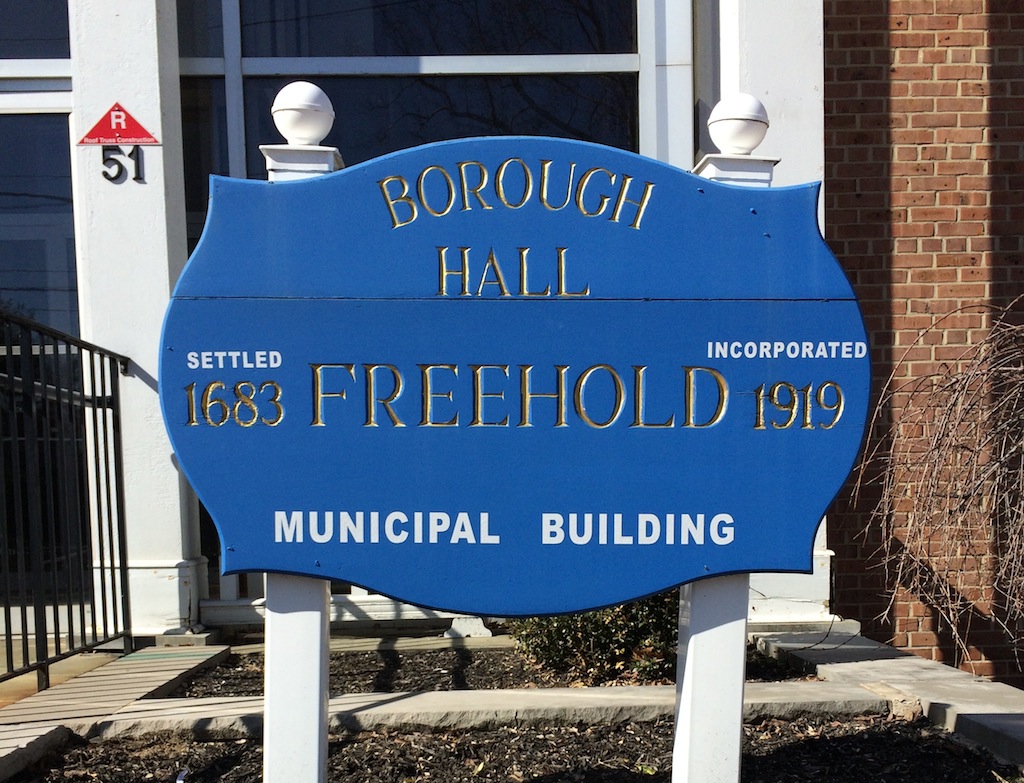FREEHOLD – Officials in Freehold Borough are looking to remove a species of tree from the municipality to prevent the spread of an invasive insect species.
At the Borough Council’s April 16 meeting, Councilman Ron Griffiths spoke about the planned removal of white ash trees from the community. Griffiths said the trees will be removed to prevent the spread of the emerald ash borer, a beetle regarded as an invasive species that can be destructive to ash trees.
State officials consider the biggest issue facing forests in New Jersey to be the emerald ash borer, according to the New Jersey Department of Environmental Protection.
According to the New Jersey Department of Agriculture, the emerald ash borer has killed tens of millions of ash trees in Michigan, where it was first discovered in 2002, and hundreds of millions of trees in other infested states and provinces in Canada.
In New Jersey, the emerald ash borer was first detected in Bridgewater and Hillsborough, both in Somerset County, in 2014. As of Feb. 28, the beetle had not been detected in Freehold Borough, but was detected in nearby municipalities Monroe Township, Middlesex County, in 2015, and Manalapan in 2017, according to the Department of Agriculture.
Manalapan and Allentown, where emerald ash borers were detected in 2015, are the only municipalities in Monmouth County where the beetle had been detected as of Feb. 28, according to the Department of Agriculture.
Griffiths emphasized that removing the ash trees as quickly as possible is important because if the trees are not taken down early, the emerald ash borers will cause the trees to become brittle. That makes removing the trees dangerous for workers as the trees may break if the workers climb them.
The Department of Agriculture has said dying ash trees are also dangerous to people and property because the dying trees can collapse.
According to Griffiths, there are 53 white ash street trees in Freehold Borough that will have to be removed. He said 10 of the trees have been trimmed by Jersey Central Power & Light to put them below the company’s power lines.
The estimated cost to remove the 53 white ash trees is between $85,000 and $90,000 (about $2,000 per tree), according to Griffiths, who said the white ash trees will be replaced by trees of a different species.
In addition to white ash trees for which the borough is responsible, there are white ash trees on residential properties that Griffiths said will have to be removed by the homeowners.

